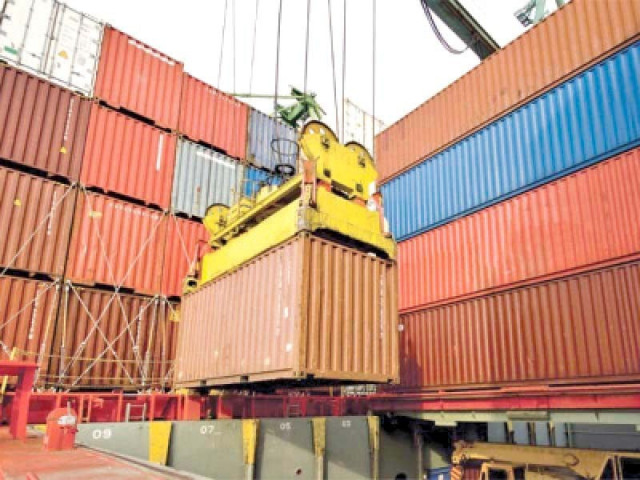EU parliament to review Pakistan’s GSP+ status
Likely to focus on human rights, environment policies for eligibility

The Ambassador of Belgium, Charles Delogne, on Friday said that the European Union (EU) parliament will be determining new regulations under the 10-year Generalised System of Preferences (GSP+) scheme which is likely to affect the duty-free access for textiles, clothing and leather items currently being exported from Pakistan.
The GSP+ scheme, which is set to expire on December 31, 2023, allows Pakistan to export GSP-eligible products across the EU under preferential tariffs (i.e., reduced or zero import duties). After its expiration, a modified 10-year scheme will apply.
During his visit to the Karachi Chamber of Commerce and Industry (KCCI), the envoy said, “Of course, this change has implications in the field of human rights and the EU will probably be more demanding and would also like to see progress in the environment policy.”
The ambassador, who was accompanied by Political Advisor Sylvain Vanrie and Trade Commissioner Abid Hussain, stated that GSP+ was more than a Free Trade Agreement (FTA) and that the EU only signs such agreements with countries perceived as likeminded on a certain number of issues, including human rights and the environment etc.
“The idea is to not only have free trade but to also promote societal values,” he said, adding that, because of GSP+, the EU was by far Pakistan’s main partner in trade with overall trade of around €7 billion per annum, which was very impressive.
Commenting on trade between Belgium and Pakistan, the envoy said that last year, trade turnover between the two countries stood at €1.4 billion, which was balanced and a positive trend continued until July 2022. “While we don’t know what the impact of the floods in Pakistan will have for certain, it is likely to be negative. We hope the impact remains limited as it is very important that the upward trend continues and trade turnover remains balanced,” he added.
As a small country, foreign trade is vital for Belgium. “Our only business is to import goods, transform them by adding maximum value and then to export them. That is why foreign trade and free trade are vital for Belgium,” he maintained.
The Employers Federation of Pakistan (EFP) President, Ismail Suttar, was of the view that Pakistan must maintain its values while managing favourable relations with its trading partners in the EU.
“It is in Pakistan’s interest to take the protection of human rights seriously. The approach will also improve our standing in the world community,” said Mukhtar Ahmad Ali, CEO of the Centre for Peace and Development Initiatives (CPDI).
Meanwhile, a delegation of the EU Parliamentary Union met with the FPCCI President Irfan Iqbal Sheikh and expressed an interest in importing textile and pharmaceutical products from Pakistan.
Currently, about 90% of India’s pharmaceutical products were exported to the EU. However, the Union is inviting other countries to export their pharmaceutical products as well, the delegation said.
With additional input from Irshad Ansari in Islamabad
Published in The Express Tribune, November 5th, 2022.
Like Business on Facebook, follow @TribuneBiz on Twitter to stay informed and join in the conversation.



















COMMENTS
Comments are moderated and generally will be posted if they are on-topic and not abusive.
For more information, please see our Comments FAQ